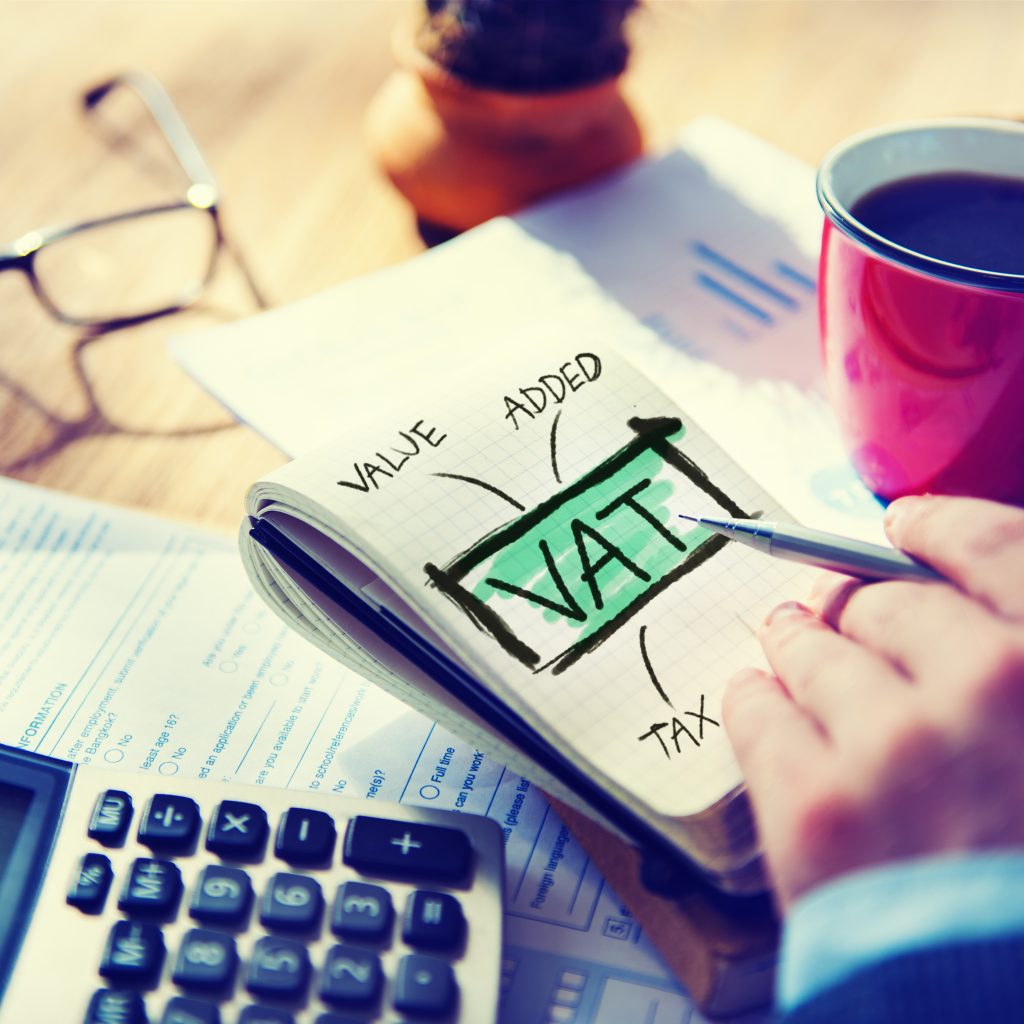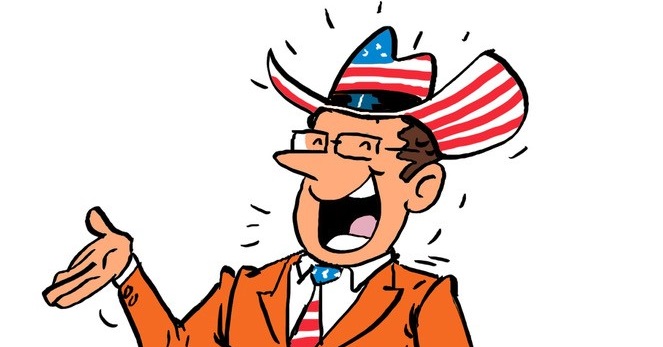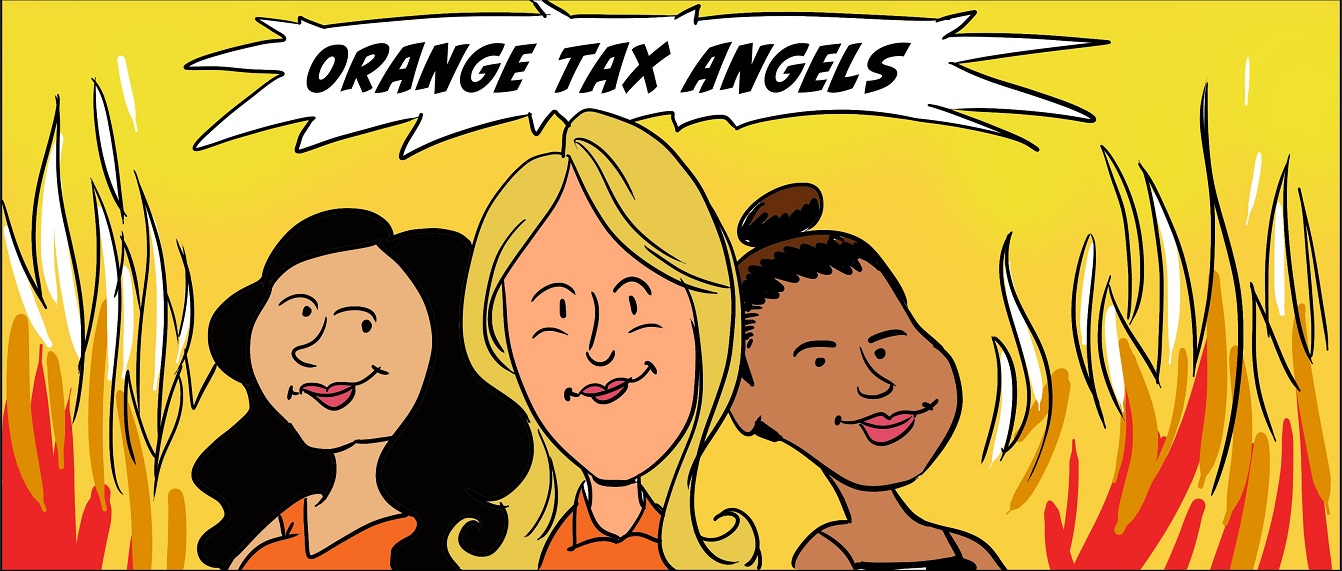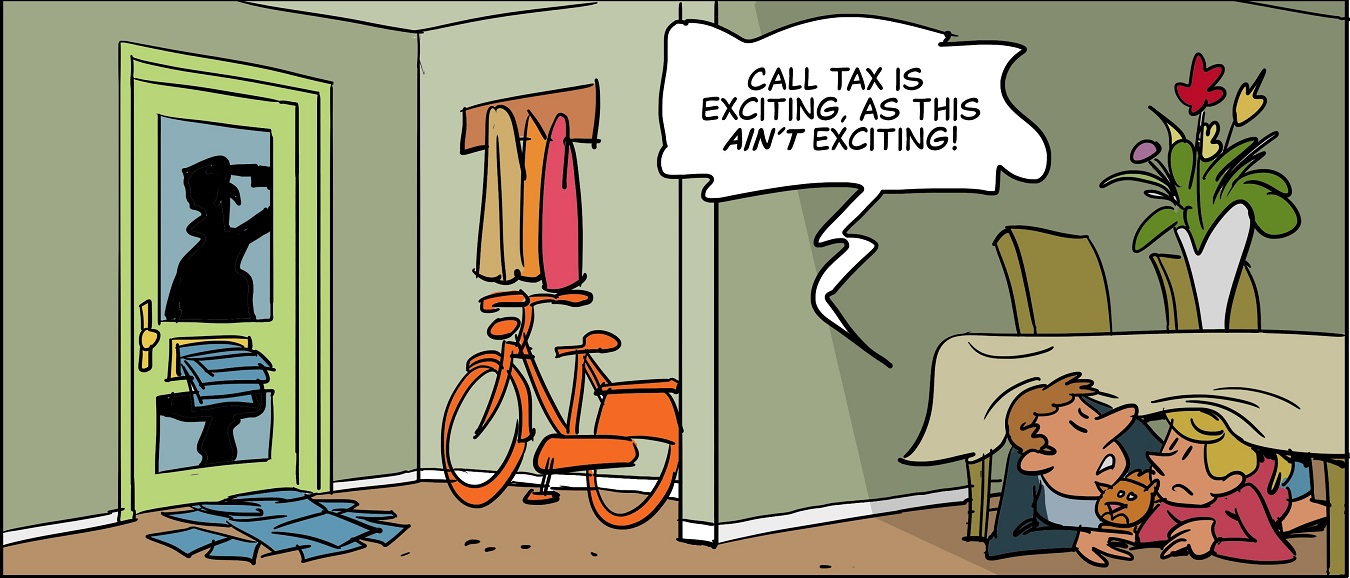Entrepreneur and VAT go hand in hand. If you register your company with the Chambers of Commerce you automatically become a VAT entrepreneur. What does this imply?
Entrepreneur and VAT
An entrepreneur performs services and over these services the entrepreneur needs to charge VAT to the client. We have three rates, the regular rate of 21%, the special rate of 9% (essential costs like water, food and some limited other activities) and 0% rate.
I am sure you are most interested in the 0% VAT rate, but that only applies to you performing service to or export goods to other VAT entrepreneurs in the European Union, outside the Netherlands. While I write this article the United Kingdom is still part of the EU tax wise.
Some entrepreneurs are exempted from VAT. There is a short list of those who qualify to be exempted. This implies you cannot charge VAT and you cannot reclaim VAT. You might think that the exempted VAT situation is the best for you, but actually it is not. Your fee is the same (excluding VAT) and you cannot reclaim the paid VAT, so your costs are higher.
Entrepreneur and Business to Business (B2B)
Invoices you send to other companies for your services or goods are subject to 21%. The business that is invoiced by you can reclaim the VAT. In a B2B situation the VAT charge is irrelevant as the one charges and the other reclaimes.

Entrepreneur and Business to Consumer (B2C)
Invoices you send to a private individual or to a company that is VAT exempted hurt these clients the most. The consumer being the private individual cannot reclaim the VAT, neither can the VAT exempted company. Hence the amount of VAT is seen as a cost.
Within Europe the VAT rates are not equal, which is kind of strange. The reason why they are not equal is that individual countries need the tax income to run their nation. Some charge 27% VAT some charge 16%. To equal out the VAT rate all VAT rates need to go to 27%, otherwise some nations cannot cope.
27% VAT is undesired, hence every EU country holds on to its own VAT rate. Recently Germany announced due to the Corona crisis to reduce their VAT rate.
To avoid private individuals to shop around in the EU, the VAT rate the entrepreneur needs to charge remains the same, regardless where the private individual lives in the European Union. If the private individual lives outside the EU, then no VAT needs to be charged, as this is outside the scope of the VAT regulations.
Entrepreneur, VAT and international business
Invoices you send to companies abroad need to meet specific invoice requirements, before you can change the VAT rate to 0%.
If you invoice outside the Netherlands, but inside the EU, then you can charge 0% VAT under the condition that you print on this invoice the EU VAT number of the client.
Before you do, check with VIES if that number is accepted as international VAT number. This is rather crucial as after you filed your VAT return in which you indicated this 0% turnover, you also need to file an additional VAT return in which you specify by VAT number the clients you invoiced at 0%. If then it turns out the VAT number is not accepted, you still need to pay 21% VAT over the invoice, even though you charged the client only 0%.
In some European countries entrepreneurs that have low turnover volumes are exempted from VAT, those clients you cannot invoice at 0%, hence the VIES check.
Entrepreneur and VAT – Dutch tax office
Collecting VAT is taken very serious by the Dutch tax office. The reason is simple, if you charge VAT, you need to pay this VAT amount to the Dutch tax office, as your client that can reclaim VAT will certainly collect this amount from the Dutch tax office.
If then there is a discrepancy between paying and reclaiming, it is the tax office that paid out more than they collected.
VAT involves huge numbers, hence a marginal discrepancy results immediately in high amounts.
That is also the reason that the tax office does of course audits, but if it becomes clear to the Dutch tax office you were very much aware you have not paid the correct amount of VAT or you reclaimed more VAT then you were entitled to, the Dutch tax office classifies this as money laundering.
The money laundering criminal offence offers the Dutch tax office more means to chase the money, and higher penalties can be imposed, as the Dutch tax office is keen to eliminate these type of offenders.
Please understand, you can be a good hearted true entrepreneur, but you made a mistake or something went wrong in your VAT administration, please correct this. The Dutch tax office does understand you are a human being, hence mistakes can be made and need to be corrected. Not correcting them could result in a criminal record.
Tax is exciting
VAT can be exciting too. We process for many clients the quarterly VAT returns and while the books are processed, often automated with Exact online software, some issues can pop up which need to be addressed. Filing the VAT return is therefore more than completing a form, it is adjusting the books, updating the entrepreneur, avoiding or correcting situations. In other words, truly exciting! If you like to join our excitement, contact Max & Bianca in our office who run the VAT department.





